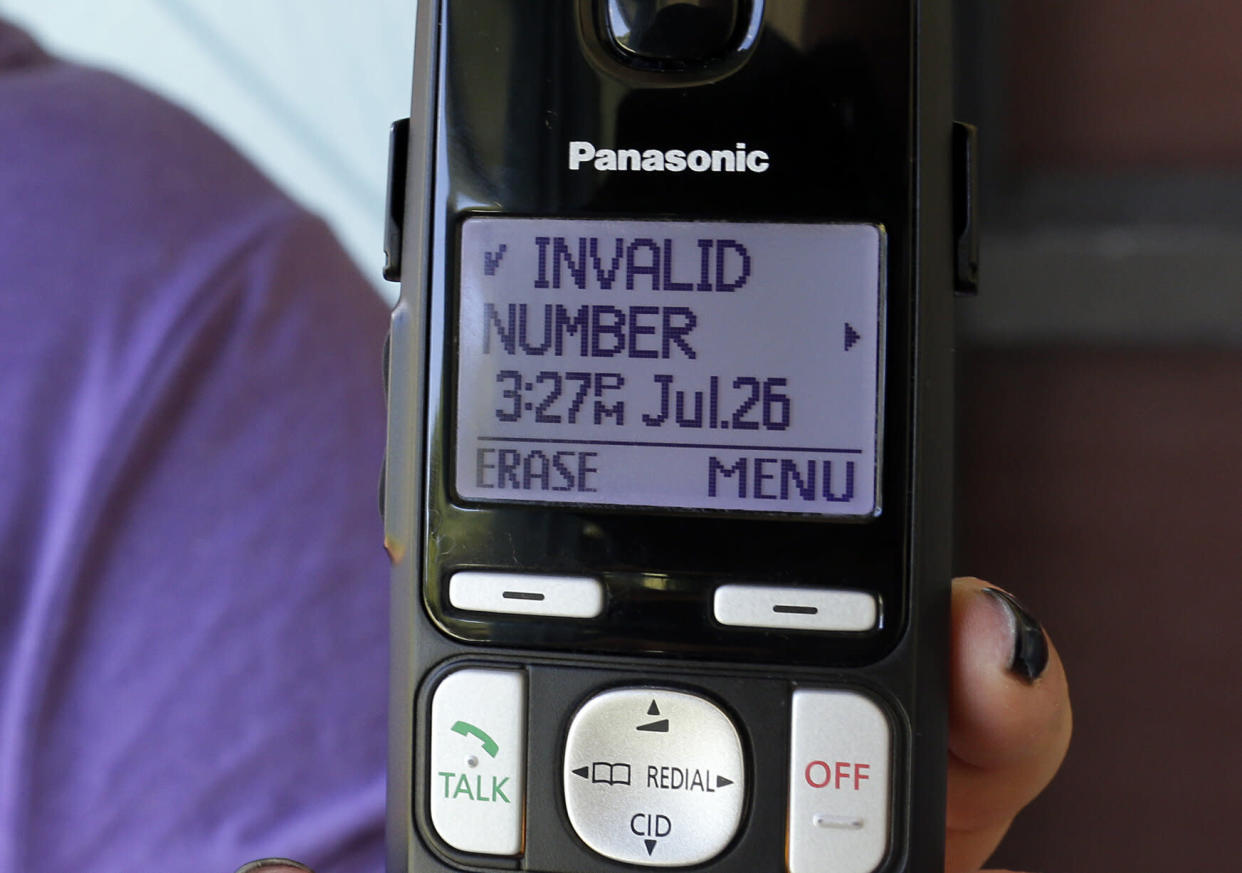Senate passes anti-robocalling measure

The Senate’s anti-robocalling measure, the TRACED Act, passed on Thursday. The bipartisan bill, if passed by the House and signed by the president, would require voice service providers to develop call authentication technologies and use harsher measures to punish robocallers.
““While this bill would make it easier for federal regulators to levy more substantial financial penalties on these bad actors, we take it one step further by working toward creating a credible threat of criminal prosecution – laying the groundwork to put these people behind bars,” Sen. John Thune (R-SD) said in a press release.
Thune piloted the bill through the Senate along with Massachusetts Sen. Ed Markey (D), and it passed with just one nay vote.
The bill would expand the authority of the FCC for intentional telemarking rulebreakers to levy civil fines of $10,000 per robocall, and expand the statute of limitations to three years from one.
The bill would also create a group with people from the Department of Justice, FCC, Federal Trade Commission, Department of Commerce, Department of State, Department of Homeland Security, the Consumer Financial Protection Bureau, and other agencies to make sure the enforcement process works properly.
Fines and civil forfeiture already exist, but the results have been minimal so far, much to Congress’s chagrin. Though over $208 million in fines have been levied, just $6,790 has been collected, representing 0.003% of the total.
The FCC welcomed the passage in the Senate, noting that it would help the agency better enforce the laws on the books.
Key telecom trade group USTelecom’s CEO and president Jonathan Spalter called it a “very big deal” and urged the house to pass companion legislation quickly.
There are currently a number of similar bills in the House, which would also boost the enforcement potential and require voice carriers to have call authentication technology — which could pose a threat to rural carriers or carriers without the funds to adopt STIR/SHAKEN, the authentication technology of the future that would verify calls as legitimate.
This month the FCC already announced a rule allowing phone companies to block by default what they deem to be robocalls, a move that would create a model similar to the email spam filtering seen today.
-
-
Ethan Wolff-Mann is a writer at Yahoo Finance focusing on consumer issues, personal finance, retail, airlines, and more. Follow him on Twitter @ewolffmann.
The average 401(k) has soared 466% over the past 10 years
The TurboTax scandal provides a key lesson about tax preparers
Follow Yahoo Finance on Twitter, Facebook, Instagram, Flipboard, SmartNews, LinkedIn, YouTube, and reddit.

